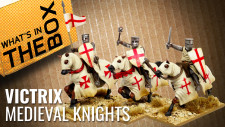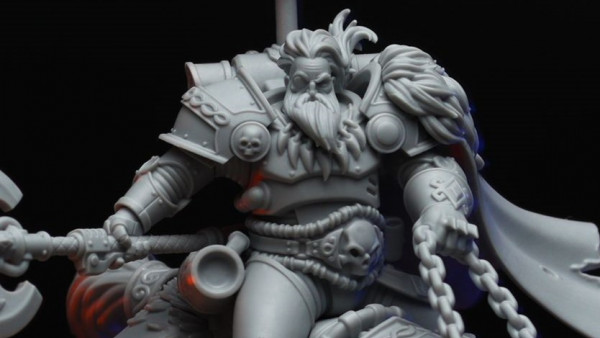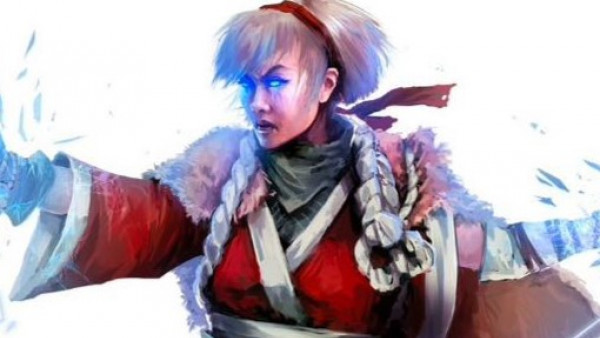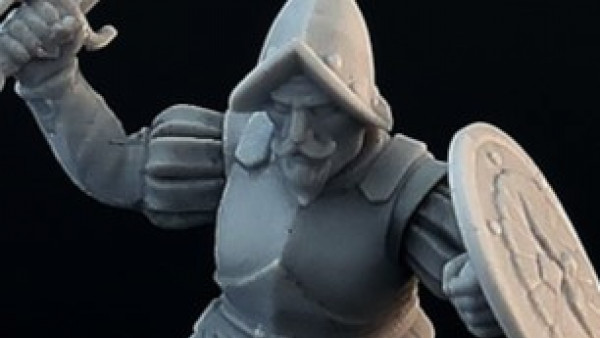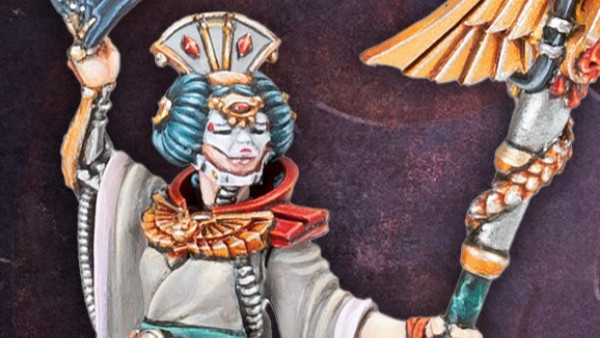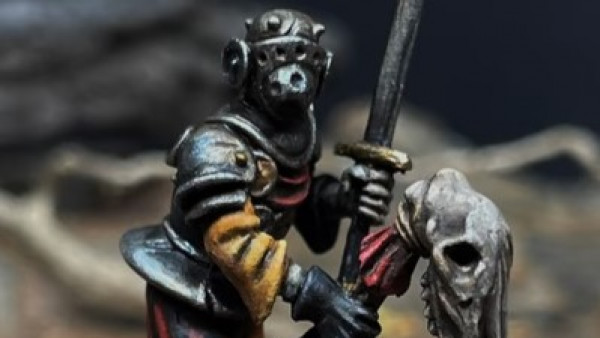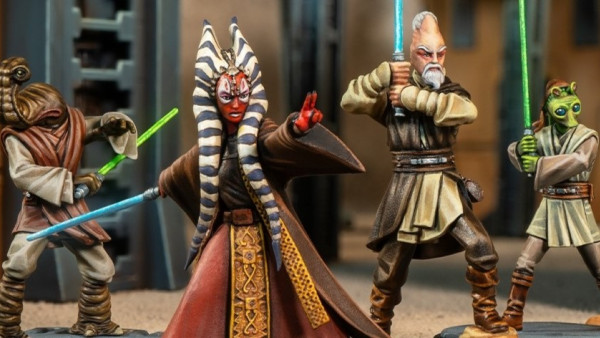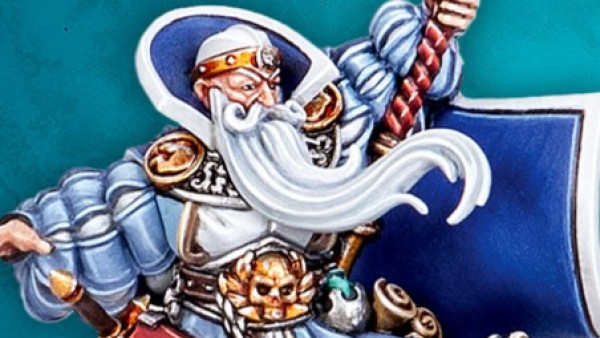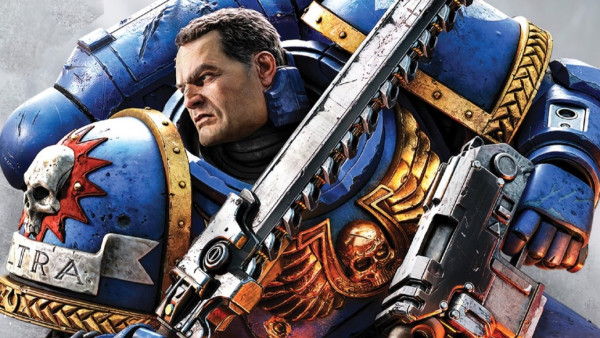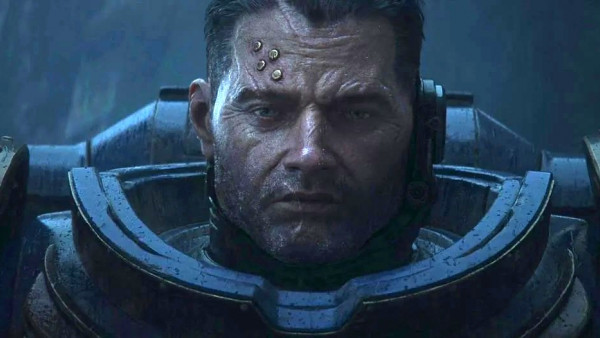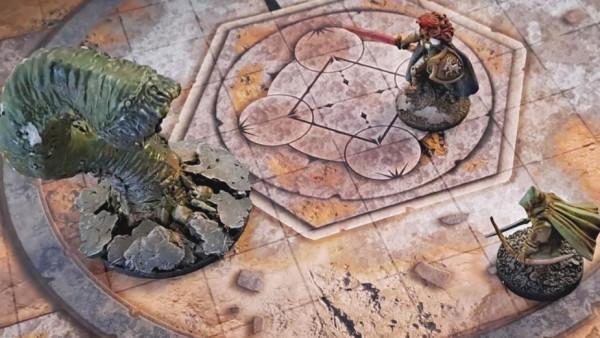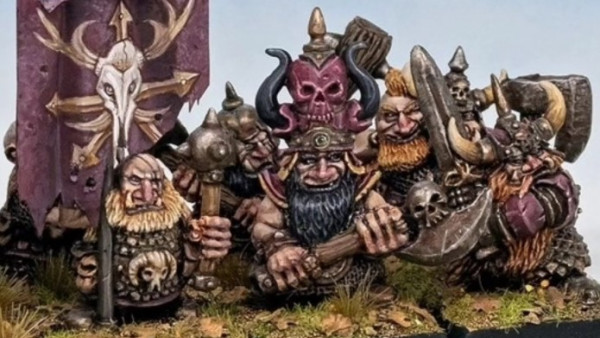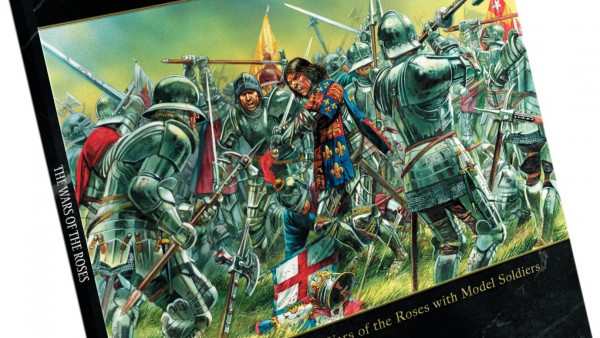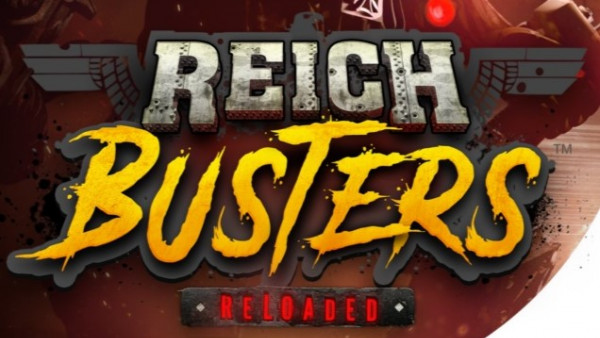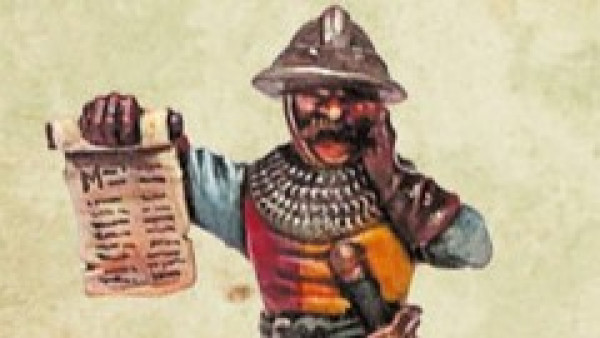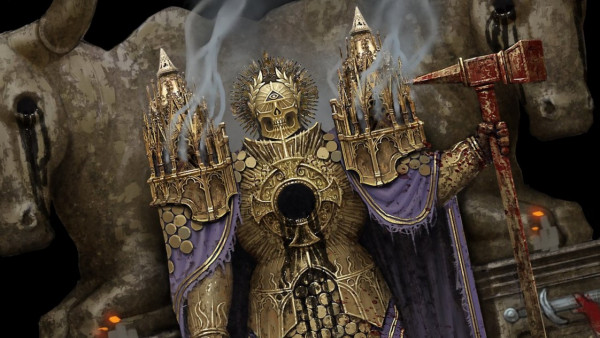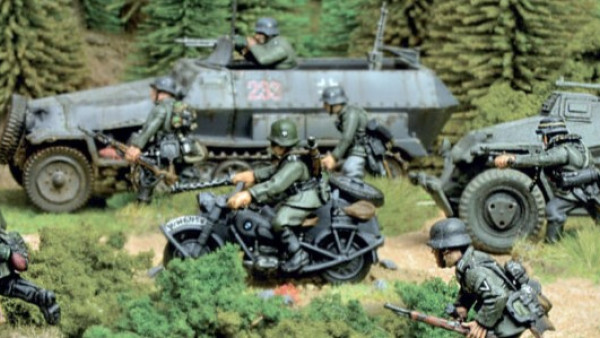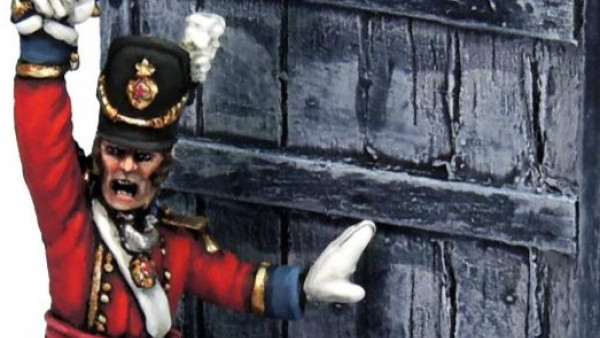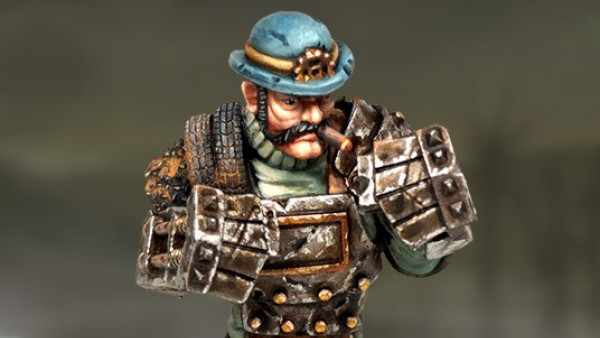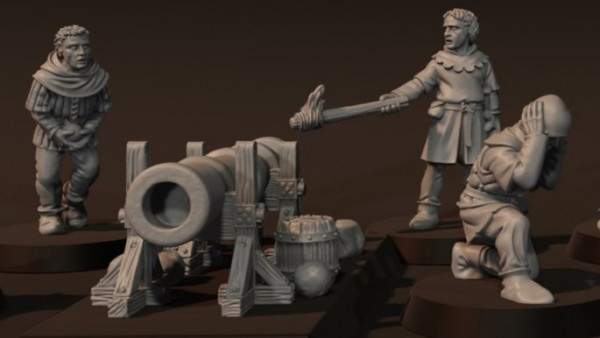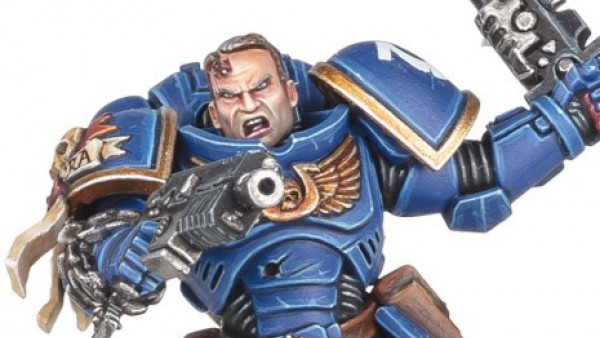Home › Forums › COG – Green Room › Disabilities and mental health (problems) › Reply To: Disabilities and mental health (problems)
Interesting issue, with several layers, to consider, so this will a lengthy post.
First of all: I have PTSD, so technically I suffer from a mental health issue. However, I’ve always been active in tackling it, and have a usually functioning life.
I know a lot of gamers who do have mental health issues, and gaming helps a lot of them in keeping a social life, being active and preventing them from taking their own life. But, I don’t think this is something specific to gaming. I think as long as you have an engaging hobby that involves a community. A lot of time some of the most engaged and active people are haunted people. Specifically artistic and creative minds are also prone to a lot of depressive disorders.
So it is important to acknowledge that a lot of people in the gaming community are concerned then talking about mental health in games.
Games are per se abstract; they use rules to simulate specific actions and effects to create an involving problem-solving situation. This per se involves mental activity.
So we have a hobby that has a lot of creativity, is prone to draw in people who like to leave reality behind for a while and is forcing people into social activities (even with the rise of board games you could play by yourself in the last years, and even tabletop games like The Walking Dead: All Out War featuring similar mechanisms).
If we now take games which use or simulate a mental issue or descent into madness, which a lot of the Horror inspired games to have, mainly if they draw in one way or another from the Lovecraftian Cthulhu mythos, we potentially get a perfect storm.
However, a few further points come into this now as well:
Games are simulating a different reality, and this is their very nature to be abstract, so it is usually agreed and known by all participants that they are not reality. These simulated worlds have their narrative and follow their own rules and laws of nature, and those are not in all cases similar to our society or reality.
But, there is also the point of perception, if people not familiar with mental health issues, always get in the media, and books and games are a medium, a faulty understanding of mental health, this influences your subconscious perception. This is the same way a lot of people try to change the language to reflect feminist values or rather equality.
It is essential to keep all these (very broken down and simplified) facts in mind than thinking about this.
So for me, it is two folded, clearly imaginative stuff like Cthulhu descent into madness/corruption is of no issue. However, if there were a game that would try to work in depictions of real-world mental health issues, I’d be very very careful. The reason being you’ll indeed be running the danger of triggering people suffering from these, depicting them wrong and enforcing hence a faulty perception, which can be equally dangerous and on the other hand take an overly teaching approach.
Should we, therefore, shy away? No. We need to have awareness and compassion, and it is always wrong to hide these things or expect people are suffering from mental health issues to hide them and just toughen it up. But it is as said a very very thin line.
Just have a look at the issues White Wolf only faced with the language in their books for social justice terms, similar but not quite the same, it is a good example what can go wrong, even on such a low level.































![How To Paint Moonstone’s Nanny | Goblin King Games [7 Days Early Access]](https://images.beastsofwar.com/2024/12/3CU-Gobin-King-Games-Moonstone-Shades-Nanny-coverimage-225-127.jpg)



